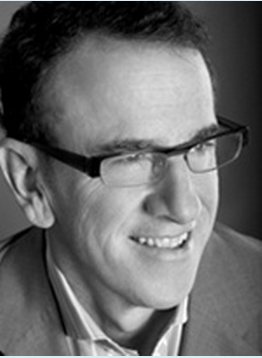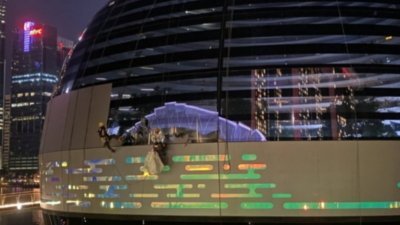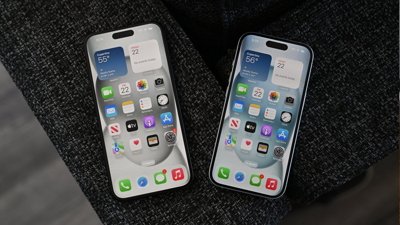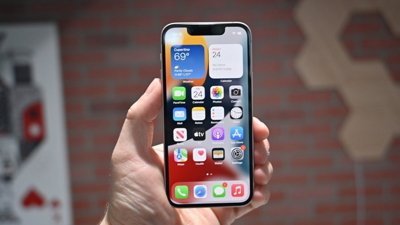Samsung calls decision to share evidence with media 'ethical' and 'lawful'
Quinn, a high-powered attorney and managing partner at Quinn Emanuel Urquhart & Sullivan LLP, was dressed down yesterday by Judge Lucy Koh for emails Samsung sent to reporters containing exhibits blocked from consideration by the jury in the company's trial against Apple.
Judge Koh, who is presiding over the case, was made aware of the "leak" by Apple attorneys late Tuesday and ordered Samsung to enter a brief detailing who authorized the email and why. In the party's response, Quinn denies any wrongdoing and claims the action was in response to reporters' requests for information.
The Court has pushed for an open trial, denying on numerous occasions requests to seal deemed-sensitive documents by both Apple and Samsung, and Quinn noted as much in his declaration:
"Far from violating any order, Samsung's transmission to the public of public
information disclosed in pretrial filings is entirely consistent with this Court's statements—made
in denying both parties‟ requests to seal documents—that “[t]he United States district court is a
public institution, and the workings of litigation must be open to public view. Pretrial
submissions are a part of trial.â€
Source: Quinn Emanuel Urquhart Sullivan
Samsung sent out slides on Tuesday of former Apple designer Shin Nishibori's deposition regarding a Sony-styled iPhone as well as a statement which claimed the excluded exhibit "would have established beyond doubt that Samsung did not copy the iPhone design."
Quinn leverages a number of court statutes as well as lawyers' First Amendment rights to free speech in his defense. He goes on to say the move was not intended to sway jury opinion.
From Quinn's declaration:
"Samsung's brief statement and transmission of public materials in response to press inquiries was not motivated by or designed to influence jurors. The members of the jury had already been selected at the time of the statement and the transmission of these public exhibits, and had been specifically instructed not to read any form of media relating to this case. The information provided therefore was not intended to, nor could it, “have a substantial likelihood of materially prejudicing an adjudicative proceeding.â€
Due to the suit's implications, media outlets have been clamoring to dig up as much information as possible regarding the proceedings which began Monday. As a result, the slides along with pages of legal documents, were released to the public.
 Mikey Campbell
Mikey Campbell











 William Gallagher
William Gallagher

 Malcolm Owen
Malcolm Owen
 Christine McKee
Christine McKee

 Amber Neely
Amber Neely









